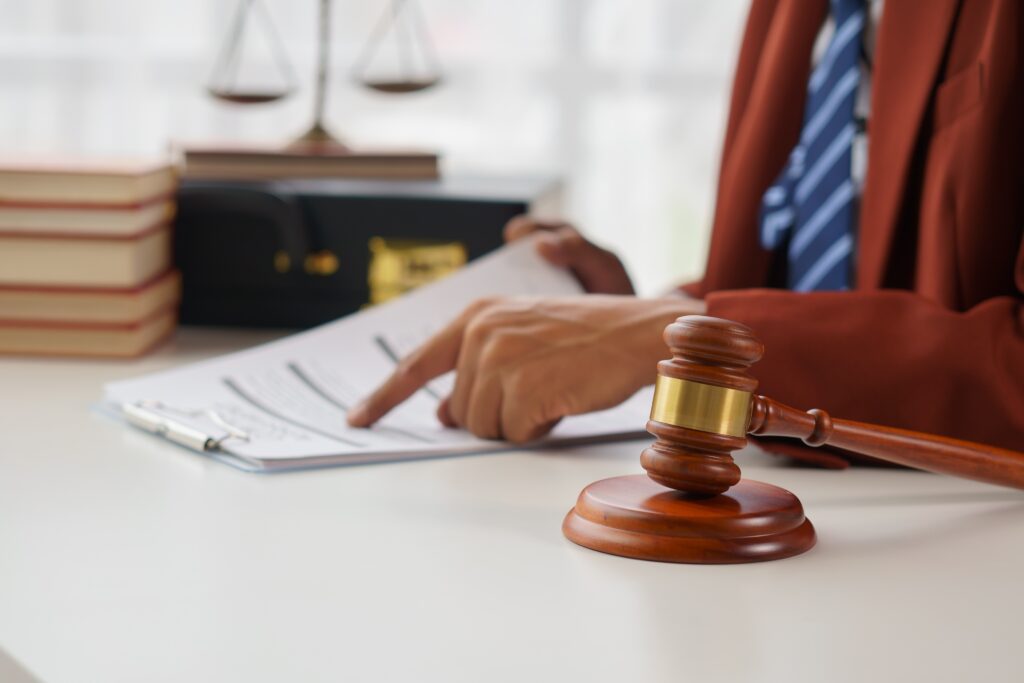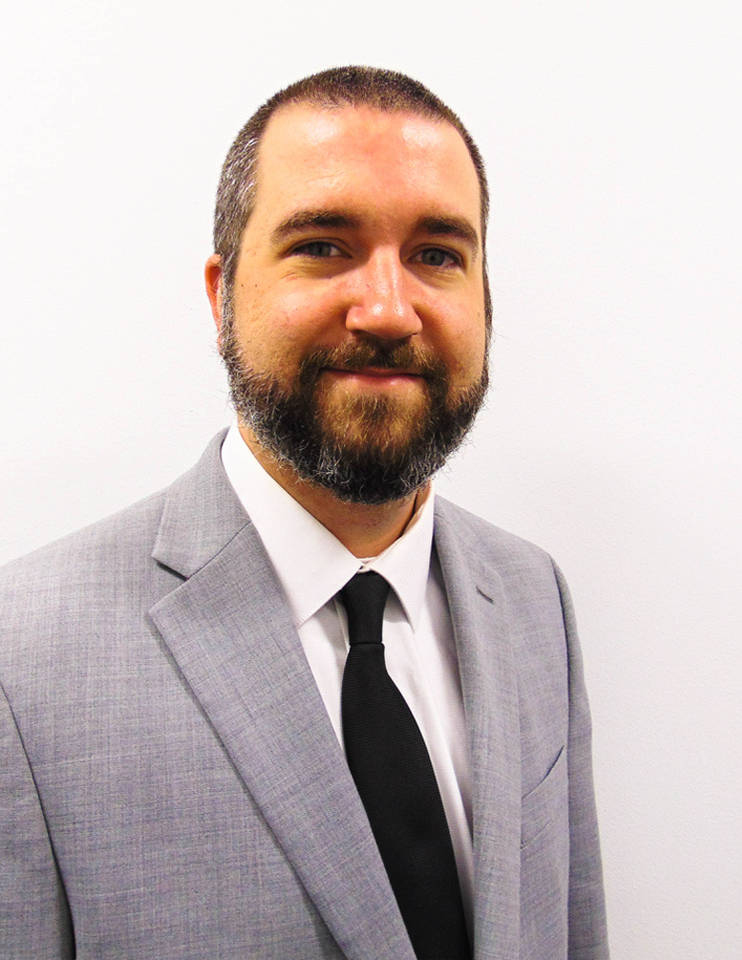Car accidents can turn your life upside down, especially when the costs of medical bills, lost earnings, and property damage surpass the at-fault driver’s insurance coverage.
If the insurance limits don't fully cover your expenses after a crash, you might feel frustrated and unsure about what steps to take. That's when to hire a St. Petersburg car accident lawyer. They can explore additional ways to recover compensation so you aren't left bearing the financial burden.
Understanding Insurance Limits
Insurance policies have limits that cap the amount an insurer will pay for damages. For example, a liability policy might cover up to $50,000 for injuries per person and $100,000 per accident.
If your medical bills alone exceed these limits, the insurer won't pay beyond the policy’s cap. You’ll then need to consider other options to recover the remaining balance.
State laws determine the minimum insurance requirements for drivers, which often aren't enough to cover significant injuries or multiple claims in a serious accident. Insurance might only cover a fraction of your costs in a high-damage accident.
Pursuing the At-Fault Driver’s Assets
When an accident leaves you with more damages than the at-fault driver’s insurance can cover, you might need to consider suing them personally. This option allows you to seek additional compensation directly from their assets.
If the driver owns property, valuable possessions, or investments, those assets can be used to satisfy your claim.

A car accident lawyer can evaluate whether pursuing the driver’s assets is worth your effort. Not every driver has sufficient wealth to cover a significant judgment, so assessing the likelihood of collecting on any court-ordered compensation is important.
Even if you win a lawsuit, you won’t necessarily receive an immediate payment if the at-fault driver lacks liquid assets or the ability to pay.
Collecting a judgment often involves identifying and targeting accessible resources. For example, you may leverage real estate holdings, savings accounts, or high-value possessions like vehicles or jewelry to cover your damages. Your attorney can help determine whether the driver has any such resources and can guide you through the process of pursuing them.
The Challenges of Collecting Judgments
Suing an at-fault driver may sound like a straightforward way to recover damages, but it’s not always that simple. If the driver doesn’t own property or have substantial savings, you can win a judgment but still end up without payment.
A judgment gives you the legal right to collect but doesn’t create assets where none exist.
In some cases, you can set up garnishment orders, which allow you to take a portion of the driver’s income until your damages are fully paid. However, this approach depends on the driver’s employment status and income level.
Your lawyer can identify potential collection methods on a judgment and advise whether pursuing this route is practical.
Uninsured and Underinsured Motorist Coverage
Your own insurance policy might provide a safety net when the at-fault driver doesn’t have enough coverage. Uninsured motorist (UM) and underinsured motorist (UIM) coverage exist to protect you in situations where the other driver’s policy falls short.
These types of coverage often pay for medical bills, lost income, and pain and suffering, helping to bridge the financial gap left by insufficient liability coverage.
UM/UIM coverage is optional in many states, so whether you have it depends on your choices when setting up your auto insurance policy. Reviewing your policy can clarify whether these provisions protect you.
If you don’t know how to proceed with a car accident claim, a lawyer can guide you and work with your insurance company to ensure they fulfill their obligations.
Benefits of UM/UIM Coverage
Uninsured and underinsured motorist coverage offers significant advantages in cases where the other driver’s insurance can’t cover your losses. It simplifies recovery by allowing you to deal directly with your insurer rather than pursuing the at-fault driver. This coverage also provides peace of mind, as you know you have additional protection after an accident.
Your UM/UIM policy may include specific limits for different types of damages, such as medical expenses or lost income. Understanding these limits and how they apply to your situation can help you plan your financial recovery.
If your insurer resists paying a valid claim, your attorney can advocate for your rights and ensure you receive the compensation you deserve.
Umbrella Insurance Policies

Some drivers carry umbrella insurance policies, which provide extra liability coverage beyond their standard auto insurance limits. If the at-fault driver has an umbrella policy, it can offer an additional source of compensation for your injuries and other losses. These policies cover high-value claims and can make a significant difference in cases where standard insurance falls short.
Determining whether the at-fault driver has an umbrella policy requires investigation. A car accident lawyer can work to uncover all possible sources of compensation. If an umbrella policy exists, your attorney can pursue a claim against it to cover the damages that exceed the driver’s primary insurance limits.
How Umbrella Policies Work
Umbrella insurance kicks in when the at-fault driver’s regular auto insurance reaches its maximum limit. For example, if their auto policy provides $50,000 in liability coverage but your damages total $200,000, an umbrella policy can cover the remaining $150,000. Individuals with significant assets often hold these policies, as they protect against large financial claims.
Umbrella policies typically cover many liabilities, including personal injury and property damage claims. However, they may come with exclusions or specific requirements that must be addressed.
Your lawyer can explain these policies and ensure your claim aligns with their terms.
Holding Third Parties Liable
Sometimes, other parties beyond the driver share responsibility for an accident. Identifying and holding these parties accountable can expand your options for recovering damages, especially when the driver’s insurance isn’t enough.
Your attorney can investigate the accident's circumstances to uncover additional liability sources, such as the following:
Employer Liability
If the at-fault driver operated a vehicle for work purposes, their employer might bear some responsibility for the accident.
For example, a delivery driver who causes a crash while on the job creates potential liability for their employer under the legal concept of vicarious liability. This doctrine holds employers accountable for the actions of their employees within the scope of their work.
Pursuing a claim against the employer can provide access to more substantial insurance coverage or company assets. Employers often carry commercial liability insurance to cover damages resulting from employee actions.
A car accident lawyer can determine whether the driver was working during the crash and, if so, pursue a claim against their employer.
Vehicle Defects and Manufacturer Liability
In some cases, a defective vehicle part may contribute to the accident. For example, faulty brakes, malfunctioning airbags, or defective tires can create dangerous situations on the road. You can hold the vehicle manufacturer or parts supplier liable if a defect played a role in your accident.
Product liability claims require evidence that the defect directly caused or contributed to the accident. This often involves gathering expert testimony, technical reports, and other documentation. Your attorney can handle this process and build a case against the manufacturer to secure compensation for your injuries.
Shared Liability Among Multiple Parties
Accidents involving commercial vehicles, shared rides, or rental cars typically involve multiple parties who share responsibility.
For instance, a rideshare company might bear some liability if its driver causes a crash while transporting passengers. Similarly, a rental car company can face claims if they failed to maintain the vehicle properly.
Your lawyer can identify all potential sources of liability and determine how each party’s actions contributed to the accident. Pursuing claims against multiple parties increases your chances of recovering the full compensation you deserve.
Filing a Personal Injury Lawsuit

A personal injury lawsuit allows you to seek compensation for medical bills, lost income, pain and suffering, and other damages that exceed the at-fault driver’s insurance coverage. Filing a lawsuit can seem daunting, but it may recover the compensation you deserve.
The process involves gathering evidence, such as medical records, accident reports, and witness statements, to build a strong case. Your attorney will also negotiate with the opposing party to try to settle before trial. If negotiations fail, the case may proceed to court, where a judge or jury will decide the outcome.
Negotiating Payment Plans
If you obtain a judgment against the at-fault driver but they can’t pay in full, negotiating a payment plan may be an option. Payment plans allow the driver to pay off the debt over time, which can be better than receiving nothing. A car accident lawyer can help structure the agreement and enforce the payments.
Exploring Structured Settlements
In some cases, a structured settlement might be an option. Instead of receiving a lump sum, you’d get periodic payments over time. This settlement can provide a steady stream of income to cover ongoing medical expenses and other needs. Structured settlements can help when dealing with large sums of money, as they ensure long term financial stability.
Bankruptcy and Its Impact on Recovery
If the at-fault driver declares bankruptcy, recovering damages becomes more difficult. Bankruptcy can discharge certain debts, including judgments from lawsuits. However, not all debts are dischargeable, and your lawyer can guide you on whether you can still recover compensation under these circumstances.
Even if bankruptcy complicates the process, exploring other avenues, such as your own insurance coverage, can provide a safety net for your financial recovery.
Avoiding Out-of-Pocket Expenses
Facing costs beyond insurance limits doesn’t mean you have to pay out of pocket.
Your attorney can identify ways to avoid or minimize your financial burden. For instance, they might negotiate with medical providers to lower your bills or secure a lien agreement where payment is delayed until after your settlement or verdict.
These strategies can ease the financial strain while you pursue compensation, ensuring you aren’t left shouldering the costs alone.
Mediation and Arbitration
Mediation and arbitration are alternative dispute resolution methods to help settle claims without going to court. These processes involve neutral third parties facilitating negotiations between you and the opposing party. Mediation is typically non-binding, while arbitration can result in a binding decision.
These methods are often faster and less costly than a trial. A car accident lawyer can represent your interests during mediation or arbitration, ensuring a fair outcome.
Insurance Bad Faith Claims
If your insurance company denies a valid UM/UIM claim or unreasonably delays payment, you might file a bad faith claim. Insurance companies must act in good faith when handling claims, and failing to do so can result in additional penalties or compensation.
Filing a bad faith claim can send a strong message to your insurer and potentially increase your recovery. Your attorney can identify instances of bad faith and take the necessary steps to hold the insurance company accountable.
The Importance of Acting Quickly
Time is critical when dealing with accidents that exceed insurance limits. Evidence can disappear, memories can fade, and legal deadlines can pass. Acting promptly ensures you have the best chance of recovering compensation.
A car accident lawyer can keep your case on track by meeting deadlines and gathering the necessary evidence to build a strong case. Taking swift action also demonstrates your commitment to resolving the matter, which can strengthen your position during negotiations or in court.
What About Your Future Needs?
Long-term injuries or disabilities can lead to ongoing medical expenses and lost earning potential. Calculating these future costs is essential when pursuing compensation, as you want to ensure your recovery accounts for all potential losses.
An attorney can work with financial planners and medical professionals to estimate the long-term impact of your injuries. This information can strengthen your claim and ensure you don’t settle for less than what you’ll need in the future.
Empowering Yourself with the Right Legal Representation

When insurance limits don’t cover the costs of your accident, having a knowledgeable advocate on your side can make all the difference. A St. Petersburg personal injury lawyers can guide you through the process, identify additional sources of compensation, and fight for your rights every step of the way.
No one should face the financial consequences of an accident alone. By seeking the right legal help, you can take control of your situation and work toward the resolution you deserve. Call a car accident lawyer or contact one online for your free consultation.